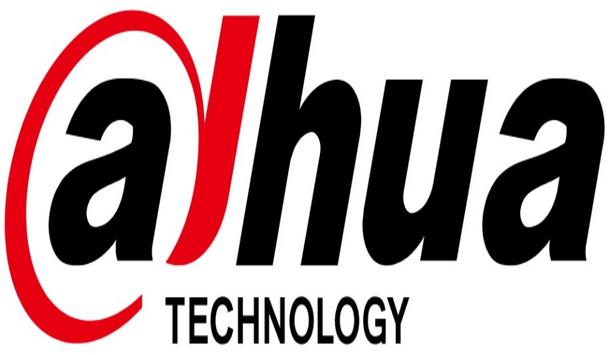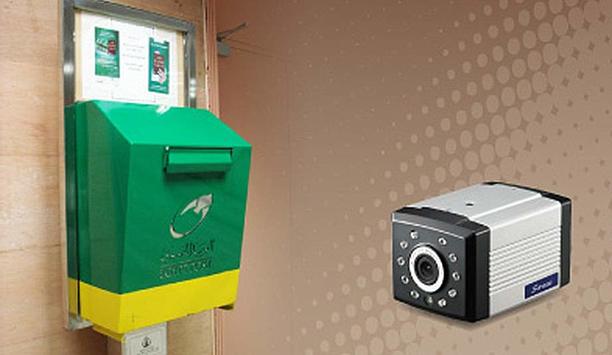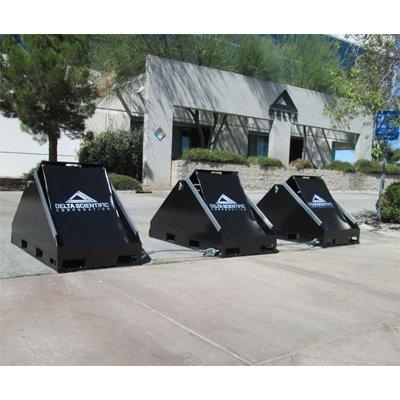Quantum Corp. announced that two of Europe’s premier research institutions are using the company’s StorNext workflow storage as the foundation for managing their growing data and enabling a range of scientific initiatives.
GWDG, the computing center for the University of Göttingen, and Computing and IT competence center for the Max Planck Society deployed StorNext-powered disk and tape systems in a multi-tier solution to meet its performance and access requirements for 7PB of data. Separately, the Max Planck Institute for Chemistry also turned to Quantum for an end-to-end storage and archive solution that would support greater collaboration and continuous access to an ever-expanding volume of data.
High-Performance Shared Access And Massive Archive
GWDG supports more than 40,000 users and needed a high-performance storage system that could handle billions of files and, with data volumes nearly doubling annually, scale to meet rapidly rising demand. In addition, the storage platform had to support a multi-tier storage environment, including making 2.5PB of data on disk and 4.5PB on tape accessible from a single file system.
StorNext has met all these scale, performance, and access requirements. Today it enables the center’s IT group to support users across a range of operating systems and manage a large and growing data archive without hiring extra staff or diverting people from other projects.
"StorNext has met our needs |
As just one example of the benefits Quantum has delivered, GWDG provides the center’s High Performance Computing (HPC) cluster with shared access to data from the StorNext environment at speeds far above its requirements. The IT group installed StorNext distributed LAN clients on HPC nodes for access over Ethernet, generating speeds of 3.2GB/second, compared to the 2GB/second performance HPC users had requested. As a result, these users can move large amounts of data into the cluster for processing and out again for long-term storage.
Simultaneous Data Access And Integrated Protection
The Max Planck Institute for Chemistry explores the chemical processes in the atmosphere and the interaction between air, water, earth and man, producing huge volumes of raw data. One research project involving the study of climate change in the Brazilian rainforest includes measurement devices collecting up to 80GB of data daily. The data is then transported to a data center in Germany, where it is processed and made available to researchers around the world.
Faced with skyrocketing data growth from initiatives such as this, the need to provide simultaneous data access to multiple researchers, and a data backup system that couldn’t keep up, the institute worked with Microstaxx, a leading system integrator, to identify a solution and selected StorNext.
Today the data management platform provides the performance needed to support multiple parallel streams of data, the ability to scale rapidly and easily as new projects are launched and the simultaneous data access that helps drive greater productivity. By delivering robust performance, capacity, and support for a full range of client operating systems (including Linux, UNIX, Windows, and Mac), StorNext has also reduced the need for teams to acquire and maintain their own storage environments.
"StorNext allows us to |
Scalar i6000 Tape Library
In addition, the institute has benefited from the integrated data protection StorNext provides. Leveraging multi-tier data management and a Quantum Scalar i6000 tape library, Max Planck can protect research data automatically and continuously in the background. Quantum’s Active Vault feature enables archiving of tapes inside the library instead of on a shelf, thereby minimizing costs and cartridge handling while improving security and access to vaulted content. At the same time, Quantum’s policy-driven Extended Data Life Management helps prevent data loss by periodically checking the data on a tape and copying it to a new tape if a problem is detected.
Dr. Philipp Wieder, Deputy Head, GWDG, states: “In our experience, StorNext is the only platform that can handle the number of files and amount of data we manage while also delivering high performance. StorNext has met our needs even as our workflows have become more demanding and our environment has evolved.”
Thomas Disper, CISO and Head of IT, Max Planck Institute for Chemistry, said: “With the StorNext platform, we have removed barriers to research. It allows us to provide a lot more capacity quickly and easily. We don’t need to give research teams data limits, and storage for new projects can be ready in an afternoon.”
From facial recognition to LiDAR, explore the innovations redefining gaming surveillance

























